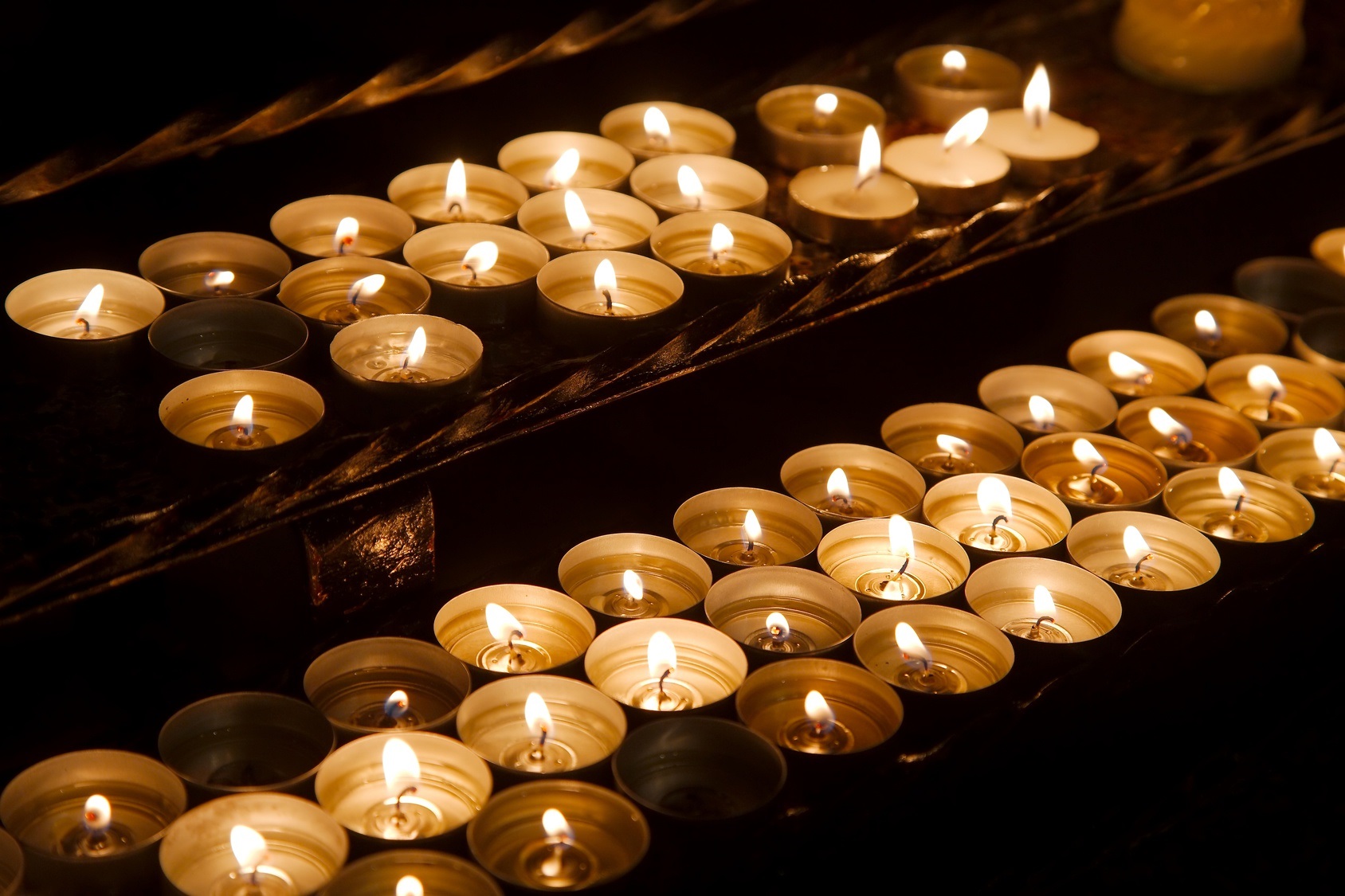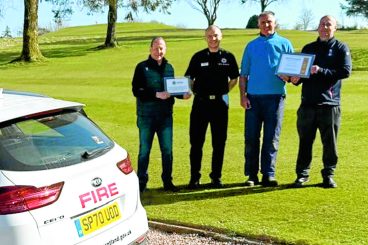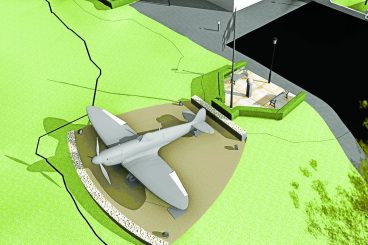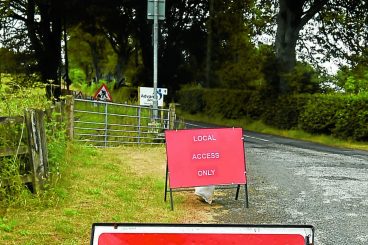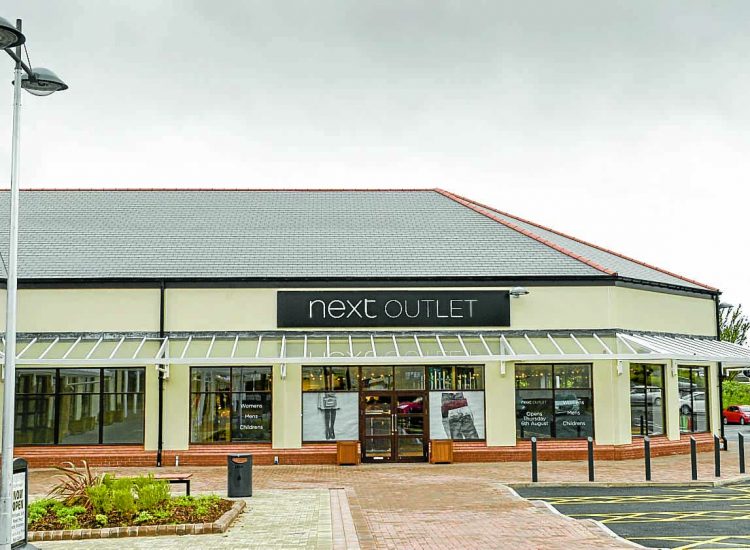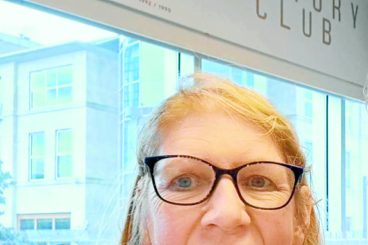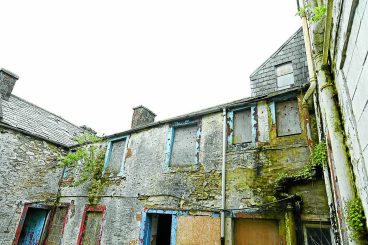That’s the findings of Stories of Hope, a new report requested by the Scottish Government and produced by the Evangelical Alliance and Serve Scotland.
They gathered data in an online survey from May to July with the aim of understanding the range and focus of church-based projects taking place across Scotland during lockdown.
Projects run by the likes of the River of life Church in Dumfries, which provided almost 650 food parcels for over 800 people, were praised for looking out for the most vulnerable in society hit the hardest by the coronavirus pandemic.
Carol, from Dumfries, shared her lockdown experience as part of the research and said that upon being discharged from hospital, she was referred to River of Life, which she called “a lifeline for me.”
The 46 year-old added: “As well as the food support, I’ve been able to phone someone from the project every day for a chat, and they have been able to help me with some of my other mental and physical health struggles.
“My physical and mental health have improved so much over these months, and I’m now trying to give up smoking and am looking to move to a new house.
I honestly don’t know how I would have coped without the church this year, and I now consider them to be friends.”
Following the publication of the report, Kieran Turner, public policy officer for the Evangelical Alliance in Scotland said: “2020 has been a year of disruption for all of us and churches, like many other essential services have had to adapt. This report has highlighted the significant impact churches up and down the country have had in supporting the most vulnerable in society.”





